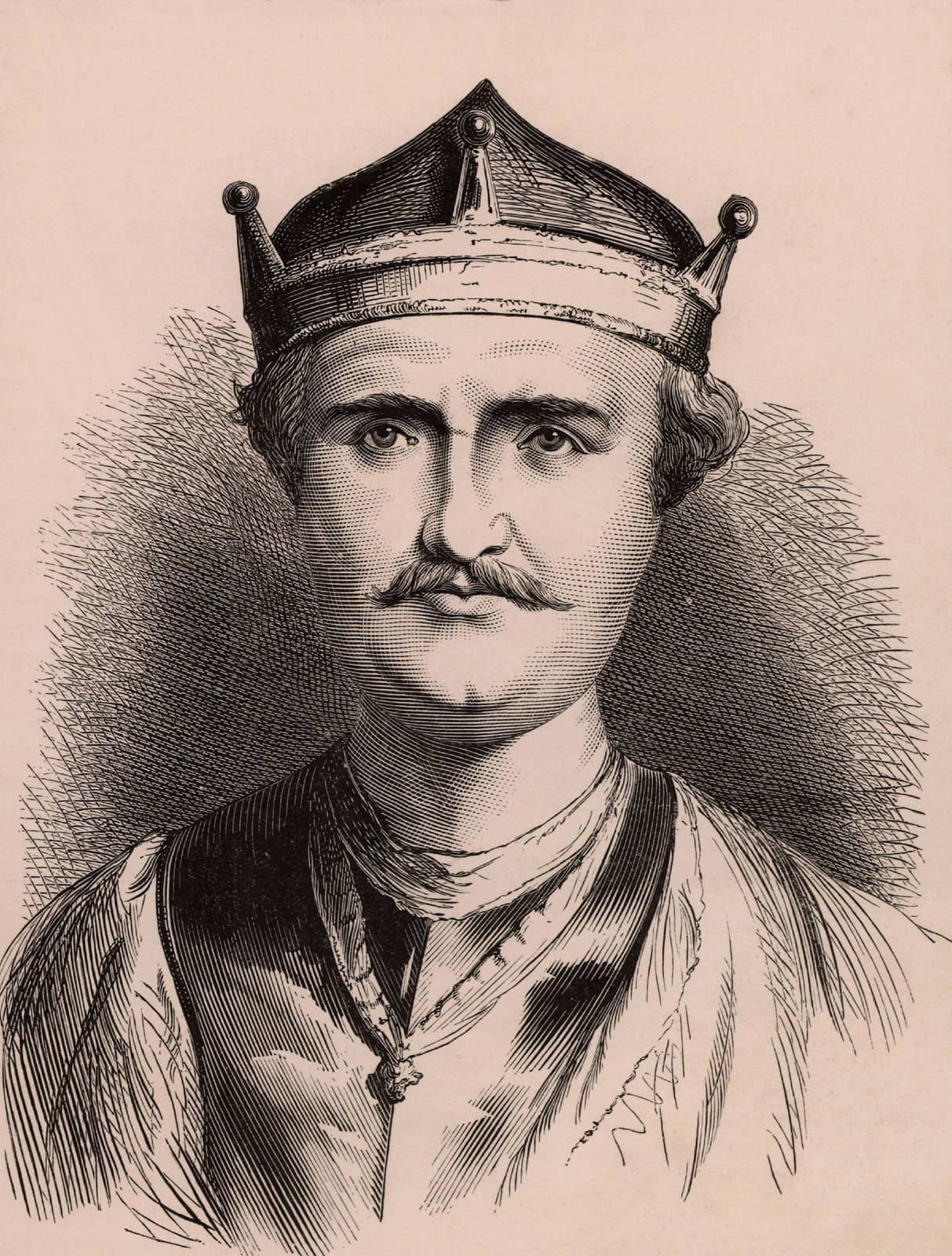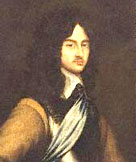
As the Brownwood City Council is considering an ordinance imposing a curfew on residents age 16 and younger, it might be interesting to know the origin of the curfew. According to the book “A School History of England” by John J. Anderson, the curfew dates back almost 1,000 years, to the reign of William the Conqueror.
England had a King at the time known as Edward the Confessor. Edward had no male heirs of his own. He was very friendly with his cousin in France, known as William of Normandy, and William believed that Edward had promised him the English throne upon his death. When Edward died in 1066, however, the Parliament named as King another royal relative, crowned as Harold II.
William of Normandy was not pleased with this, and invaded England in October of that year. He and his army met King Harold and his army at the Battle of Hastings, where William defeated Harold’s army, killed Harold, and claimed the English crown.
Many Englishmen were unhappy with a foreign ruler, and many secret conspiracies were entered into against his government. Hostilities broke out in many places, and attacks were made against other Normans that William had placed in positions of authority in England.
In order to exert control over the English people and suppress insurrection, King William imposed an order that upon the ringing of a bell at 8:00 p.m., all persons had to be in their homes with the lights out. In those days, of course, there was no electricity, people lit their homes with candles and the fireplace. The King’s order, in his native French language, was couvre feu, or “cover the fire.” Couvre Feu became “Curfew” in the English language.
From the same book, another interesting historical tidbit. During the reign of King Charles II, he had a Chancellor and Prime Minister named Sir Edward Hyde, Earl of Clarendon. Charles eventually became unsatisfied with his job performance and dismissed Clarendon in 1667. In his place he appointed a committee of five men to run the English government.
This committee was very powerful, but operated secretly and unethically. According to the book, the committee’s “unprincipled intrigues” caused them to be stigmatized with a name taken from the first letter of each man’s surname: Clifford, Ashley, Buckingham, Arlington, and Lauderdale. Thus the word “cabal” came into being, meaning, according to the Scribner-Bantam dictionary “a small group of secret plotters.”
So there is your useless history lesson for the day!